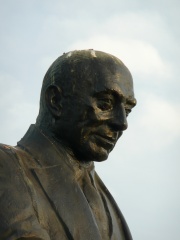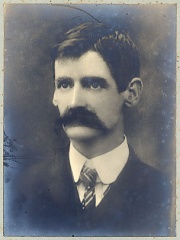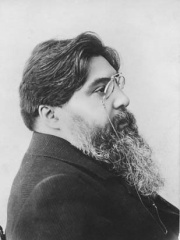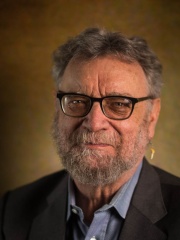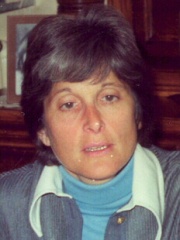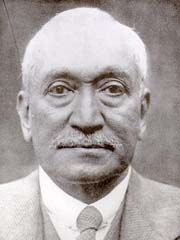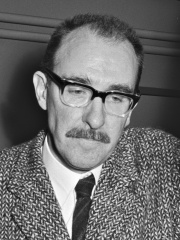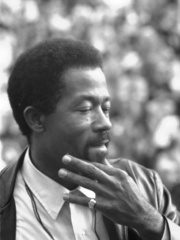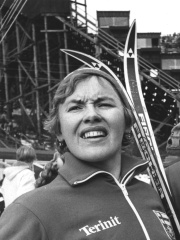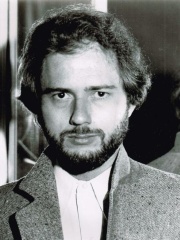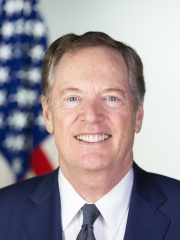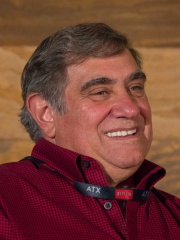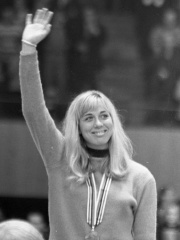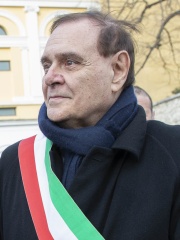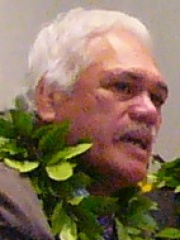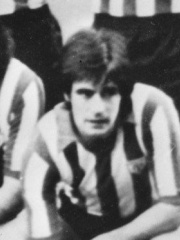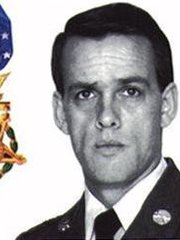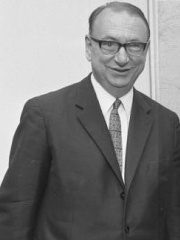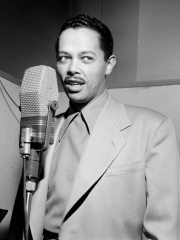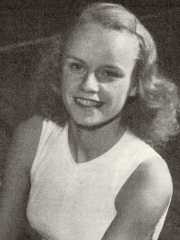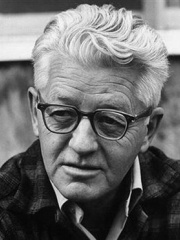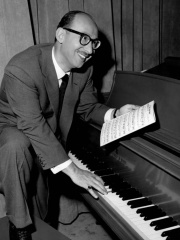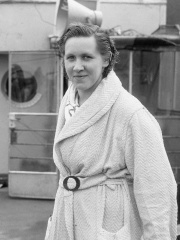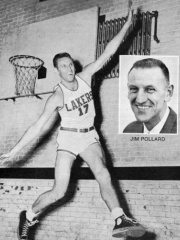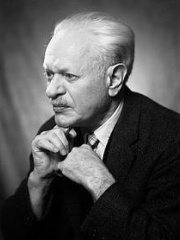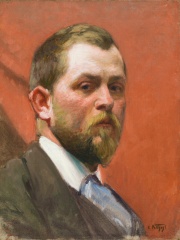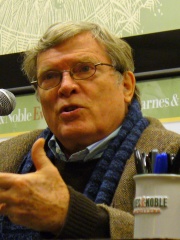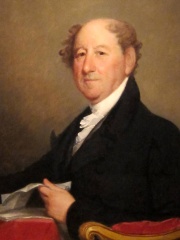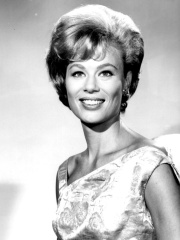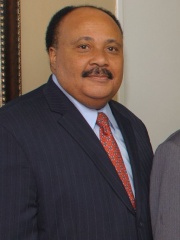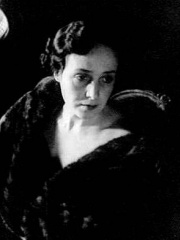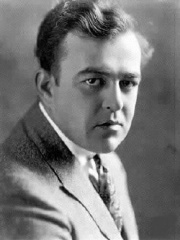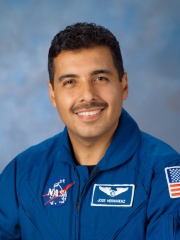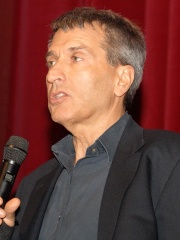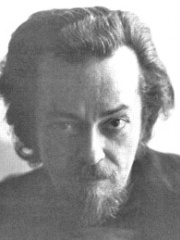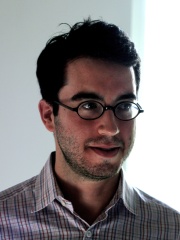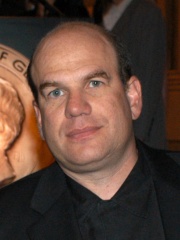Writer
Gustav Hasford
1947 - 1993
EN.WIKIPEDIA PAGE VIEWS (PV)

 Gustav Hasford
Gustav Hasford
His biography is available in 15 different languages on Wikipedia. Gustav Hasford is the 6,075th most popular writer (down from 6,053rd in 2024), the 10,451st most popular biography from United States (down from 10,006th in 2019) and the 763rd most popular American Writer.
Memorability Metrics
Page views of Gustav Hasford by language
Among Writers
Among writers, Gustav Hasford ranks 6,075 out of 7,302. Before him are Fazıl Hüsnü Dağlarca, Gert Hofmann, Henry Lawson, André Dhôtel, Chaz Bono, and Alexander Amfiteatrov. After him are Michael Swanwick, Maxine Kumin, Abdullah Yusuf Ali, Gen Urobuchi, Wolfdietrich Schnurre, and Eldridge Cleaver.
Most Popular Writers in Wikipedia
Go to all RankingsFazıl Hüsnü Dağlarca
1914 - 2008
HPI: 52.41
Rank: 6,069
Gert Hofmann
1931 - 1993
HPI: 52.41
Rank: 6,070
Henry Lawson
1867 - 1922
HPI: 52.41
Rank: 6,071
André Dhôtel
1900 - 1991
HPI: 52.41
Rank: 6,072
Chaz Bono
1969 - Present
HPI: 52.40
Rank: 6,073
Alexander Amfiteatrov
1862 - 1938
HPI: 52.40
Rank: 6,074
Gustav Hasford
1947 - 1993
HPI: 52.39
Rank: 6,075
Michael Swanwick
1950 - Present
HPI: 52.39
Rank: 6,076
Maxine Kumin
1925 - 2014
HPI: 52.38
Rank: 6,077
Abdullah Yusuf Ali
1872 - 1953
HPI: 52.38
Rank: 6,078
Gen Urobuchi
1972 - Present
HPI: 52.38
Rank: 6,079
Wolfdietrich Schnurre
1920 - 1989
HPI: 52.37
Rank: 6,080
Eldridge Cleaver
1935 - 1998
HPI: 52.37
Rank: 6,081
Contemporaries
Among people born in 1947, Gustav Hasford ranks 760. Before him are Helena Takalo, Rupert Holmes, Viacheslav Semenov, Robert Lighthizer, Alexandre Arcady, and Dan Lauria. After him are Carry Geijssen, Clemente Mastella, Stephanie Beacham, Jim Marurai, Tierno Monénembo, and Txetxu Rojo. Among people deceased in 1993, Gustav Hasford ranks 268. Before him are Gary Gordon, Heinrich Albertz, Billy Eckstine, Göta Pettersson, Cyril Collard, and Gert Hofmann. After him are Vilmos Zombori, Wallace Stegner, Sammy Cahn, Marie-Louise Linssen-Vaessen, Jim Pollard, and Kenneth Burke.
Others Born in 1947
Go to all RankingsHelena Takalo
SKIER
1947 - Present
HPI: 52.52
Rank: 754
Rupert Holmes
MUSICIAN
1947 - Present
HPI: 52.50
Rank: 755
Viacheslav Semenov
SOCCER PLAYER
1947 - 2022
HPI: 52.48
Rank: 756
Robert Lighthizer
LAWYER
1947 - Present
HPI: 52.46
Rank: 757
Alexandre Arcady
FILM DIRECTOR
1947 - Present
HPI: 52.43
Rank: 758
Dan Lauria
ACTOR
1947 - Present
HPI: 52.41
Rank: 759
Gustav Hasford
WRITER
1947 - 1993
HPI: 52.39
Rank: 760
Carry Geijssen
SKATER
1947 - Present
HPI: 52.36
Rank: 761
Clemente Mastella
POLITICIAN
1947 - Present
HPI: 52.32
Rank: 762
Stephanie Beacham
ACTOR
1947 - Present
HPI: 52.27
Rank: 763
Jim Marurai
POLITICIAN
1947 - 2020
HPI: 52.25
Rank: 764
Tierno Monénembo
WRITER
1947 - Present
HPI: 52.13
Rank: 765
Txetxu Rojo
SOCCER PLAYER
1947 - 2022
HPI: 52.12
Rank: 766
Others Deceased in 1993
Go to all RankingsGary Gordon
MILITARY PERSONNEL
1960 - 1993
HPI: 52.59
Rank: 262
Heinrich Albertz
POLITICIAN
1915 - 1993
HPI: 52.54
Rank: 263
Billy Eckstine
SINGER
1914 - 1993
HPI: 52.48
Rank: 264
Göta Pettersson
GYMNAST
1926 - 1993
HPI: 52.43
Rank: 265
Cyril Collard
WRITER
1957 - 1993
HPI: 52.42
Rank: 266
Gert Hofmann
WRITER
1931 - 1993
HPI: 52.41
Rank: 267
Gustav Hasford
WRITER
1947 - 1993
HPI: 52.39
Rank: 268
Vilmos Zombori
SOCCER PLAYER
1906 - 1993
HPI: 52.39
Rank: 269
Wallace Stegner
WRITER
1909 - 1993
HPI: 52.30
Rank: 270
Sammy Cahn
MUSICIAN
1913 - 1993
HPI: 52.26
Rank: 271
Marie-Louise Linssen-Vaessen
ATHLETE
1928 - 1993
HPI: 52.22
Rank: 272
Jim Pollard
BASKETBALL PLAYER
1922 - 1993
HPI: 51.93
Rank: 273
Kenneth Burke
WRITER
1897 - 1993
HPI: 51.92
Rank: 274
In United States
Among people born in United States, Gustav Hasford ranks 10,453 out of NaN. Before him are Chaz Bono (1969), Edward Henry Potthast (1857), D. A. Pennebaker (1925), Rufus King (1755), Abby Dalton (1932), and Martin Luther King III (1957). After him are Jesse Williams (1981), John Gallagher Jr. (1984), Michael Swanwick (1950), Florence Vidor (1895), Victor Schertzinger (1888), and José M. Hernández (1962).
Others born in United States
Go to all RankingsChaz Bono
WRITER
1969 - Present
HPI: 52.40
Rank: 10,447
Edward Henry Potthast
PAINTER
1857 - 1927
HPI: 52.40
Rank: 10,448
D. A. Pennebaker
FILM DIRECTOR
1925 - 2019
HPI: 52.40
Rank: 10,449
Rufus King
POLITICIAN
1755 - 1827
HPI: 52.40
Rank: 10,450
Abby Dalton
ACTOR
1932 - 2020
HPI: 52.39
Rank: 10,451
Martin Luther King III
SOCIAL ACTIVIST
1957 - Present
HPI: 52.39
Rank: 10,452
Gustav Hasford
WRITER
1947 - 1993
HPI: 52.39
Rank: 10,453
Jesse Williams
ACTOR
1981 - Present
HPI: 52.39
Rank: 10,454
John Gallagher Jr.
ACTOR
1984 - Present
HPI: 52.39
Rank: 10,455
Michael Swanwick
WRITER
1950 - Present
HPI: 52.39
Rank: 10,456
Florence Vidor
ACTOR
1895 - 1977
HPI: 52.39
Rank: 10,457
Victor Schertzinger
FILM DIRECTOR
1888 - 1941
HPI: 52.39
Rank: 10,458
José M. Hernández
ASTRONAUT
1962 - Present
HPI: 52.39
Rank: 10,459
Among Writers In United States
Among writers born in United States, Gustav Hasford ranks 763. Before him are Nicholas Meyer (1945), Lin Carter (1930), Mike Godwin (1956), Jonathan Safran Foer (1977), Philip Yancey (1949), and Chaz Bono (1969). After him are Michael Swanwick (1950), Maxine Kumin (1925), Eldridge Cleaver (1935), David Simon (1960), Wallace Stegner (1909), and Karin Slaughter (1971).
Nicholas Meyer
1945 - Present
HPI: 52.49
Rank: 757
Lin Carter
1930 - 1988
HPI: 52.48
Rank: 758
Mike Godwin
1956 - Present
HPI: 52.47
Rank: 759
Jonathan Safran Foer
1977 - Present
HPI: 52.43
Rank: 760
Philip Yancey
1949 - Present
HPI: 52.42
Rank: 761
Chaz Bono
1969 - Present
HPI: 52.40
Rank: 762
Gustav Hasford
1947 - 1993
HPI: 52.39
Rank: 763
Michael Swanwick
1950 - Present
HPI: 52.39
Rank: 764
Maxine Kumin
1925 - 2014
HPI: 52.38
Rank: 765
Eldridge Cleaver
1935 - 1998
HPI: 52.37
Rank: 766
David Simon
1960 - Present
HPI: 52.35
Rank: 767
Wallace Stegner
1909 - 1993
HPI: 52.30
Rank: 768
Karin Slaughter
1971 - Present
HPI: 52.29
Rank: 769
